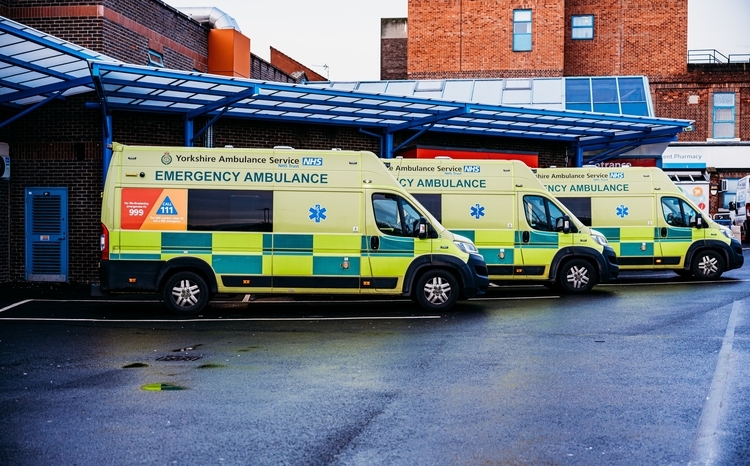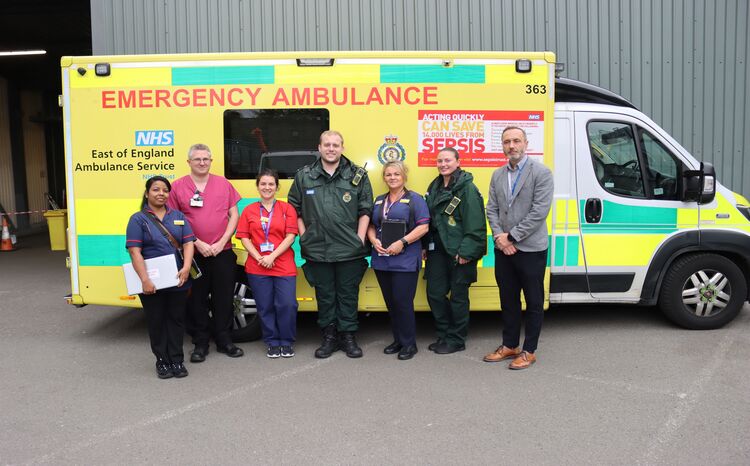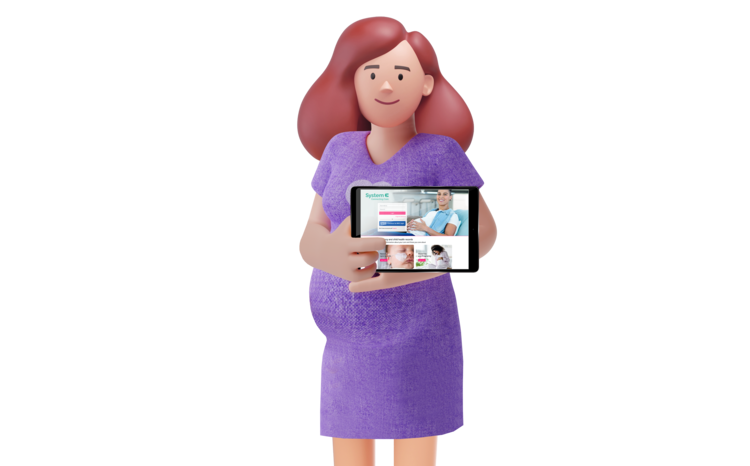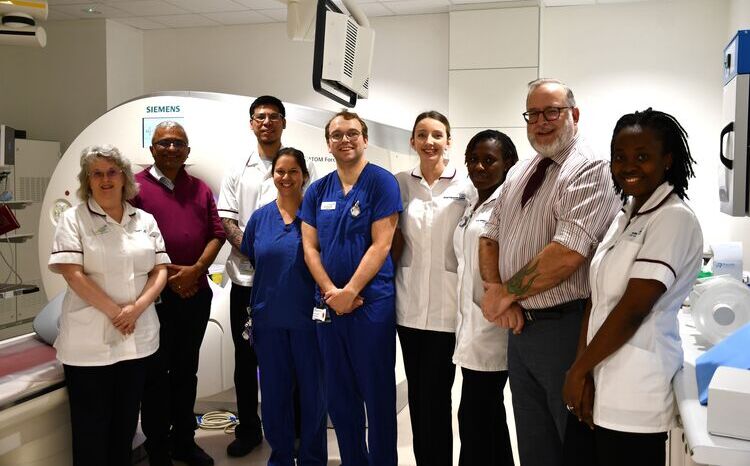Hull hospital to trial video triage to assess stroke patients
- 22 August 2024

- Hull University Teaching Hospitals NHS Trust is trialling a pre-hospital video triage scheme for stroke patients
- Stroke co-ordinators will connect to Yorkshire Ambulance Service crews using video technology, enabling digital evaluation of patients
- The trial is planned to launch in September 2024 and run for six months
Hull University Teaching Hospitals NHS Trust (HUTH) has announced plans to trial a pre-hospital video triage scheme which will enable rapid assessment of stroke patients.
The six-month trial, which is due to launch on 2 September 2024, will connect stroke coordinators, supported by stroke service consultants, to Yorkshire Ambulance Service crews using video technology, enabling visual checks and digital evaluation of patients.
Patients with suspected strokes will be ‘blue-lighted’ to Hull Royal Infirmary into the care of the specialist stroke team for CT scans or to begin life-saving treatment such as mechanical thrombectomy to remove blockages from their arteries.
Dr Bernard Esisi, consultant in stroke services at HUTH, said: “This will allow clinicians to formulate a more accurate diagnosis so people having strokes can be treated in the right place at the right time, as quickly as possible.
“Every minute counts when someone is having a stroke so this new system means we can help people who need us more quickly while making sure those not having strokes get the right support without having to come into hospital”.
Results from the trial will be reviewed and, if it is a success in Hull, the project is expected to be rolled out to North Lincolnshire and North Yorkshire.
The triage scheme aligns the ‘Flow’ campaign spearheaded by the hospital group to improve patients’ experience of emergency or acute care and reduce unnecessary stays or admissions.
Hull Royal Infirmary sees around 1,000 patients with strokes every year and a further 300 people are brought to hospital with ‘stroke mimics’, conditions such as Bell’s Palsy, migraine or low blood sugar, which do not require emergency treatment in hospital and can be dealt with by GPs or community services.
Dr Esisi added: “There is no pre-hospital process that is 100% effective at excluding a stroke or confirming a stroke diagnosis.
“At the moment, we rely on telephone conversations which can mean, for a variety of reasons, that some patients are not picked up or those not having strokes are brought to hospital when they may not need emergency care.
“This video triage system will allow us to add another level of assessment so that patients can be triaged to the most appropriate place for treatment”.
Tim Millington, consultant paramedic (North and East Yorkshire) at Yorkshire Ambulance Service NHS Trust, said: “Stroke video triage offers ambulance clinicians rapid access to specialist support when caring for stroke patients.
“This pilot follows a successful trial in South Yorkshire and the senior clinical support provided to our pre-hospital clinical teams is beneficial in enabling our patients to get the right care, first time”.
In 2023, Visionable was commissioned by the Stroke Implementation Group, part of the Wales NHS Executive, to implement an emergency virtual triage pilot, allowing stroke patients with the Welsh Ambulance Service NHS Trust to proceed directly to CT scanning.





